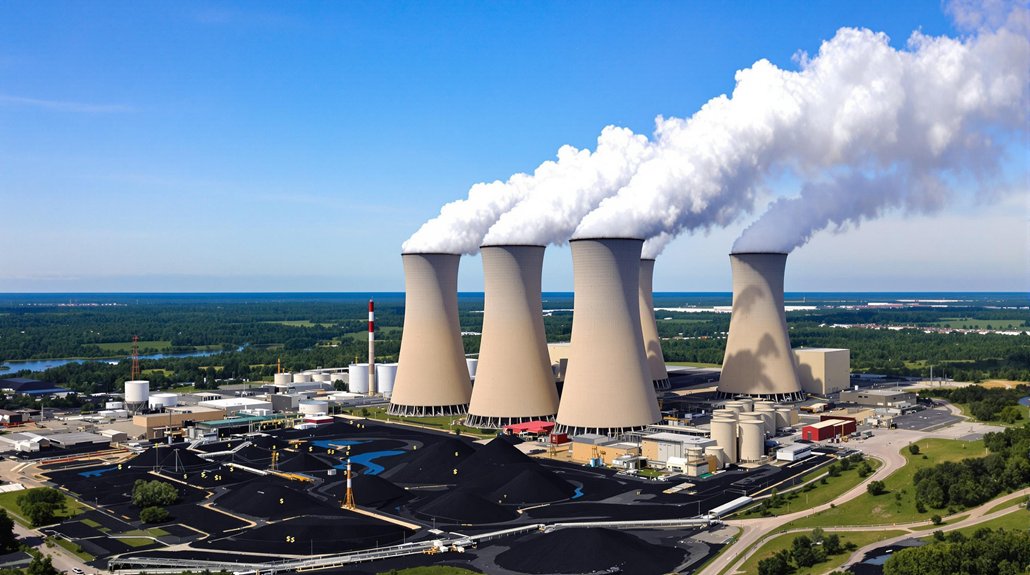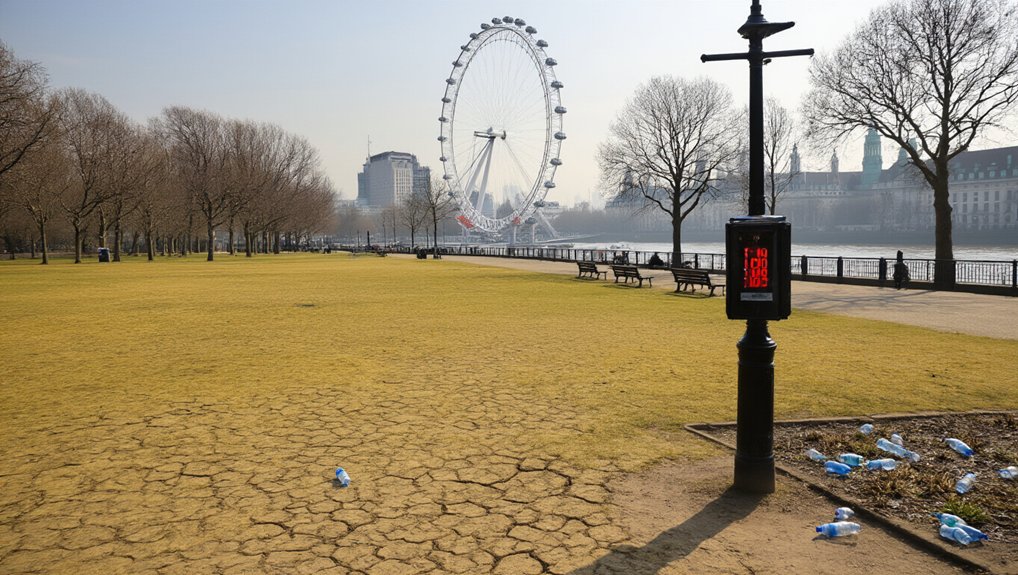As 175 nations work toward the world’s first binding treaty on plastic pollution, time is quickly running out to reach an agreement. The United Nations began treaty talks in 2022, with the final planned negotiation meeting set for August 2025 in Geneva. If all goes well, the treaty could be formally adopted in late 2025 or early 2026.
At the center of discussions is a 22-page draft treaty outlining 32-33 articles. This “Chair’s text” emerged after meetings in Busan, South Korea, and covers how countries will address the growing plastic crisis worldwide.
Nations are deeply divided on the path forward. One group, including major oil and gas producers like the U.S. and Saudi Arabia, wants voluntary measures with country-specific targets. The opposing “High-Ambition Coalition,” featuring countries like Norway, Rwanda, and Australia, pushes for binding limits on production and bans on harmful plastics.
The stakes couldn’t be higher. Global virgin plastic production reached 504 million tons in 2022, a massive jump from just 2 million tons in 1970. Without action, experts predict production will triple by 2060. So far, humans have produced a staggering 11 billion tons of virgin plastics.
The draft treaty covers the full plastic lifecycle from production to waste management. It includes both mandatory and voluntary measures, reflecting different national positions. However, key details about enforcement remain unresolved, and some production-focused actions were dropped in earlier compromises.
Small island nations and vulnerable regions face the worst impacts of plastic pollution despite contributing little to the problem. The economic toll is also severe, with projected plastic-related damage costs potentially reaching $281 trillion between 2016 and 2040. Scientists and environmental advocates warn that delays or weak agreements will worsen ecological, economic, and health crises.
With the window for effective action narrowing, negotiators face mounting pressure. The traditional consensus approach to treaty adoption might give way to majority voting or external agreements if deadlocks persist, highlighting the urgency of this global environmental challenge. An ambitious, properly implemented treaty could reduce plastic leakage by 96% by 2040 if it successfully addresses the entire lifecycle of plastics.
References
- https://news.un.org/en/story/2025/06/1164301
- https://earth.org/key-players-and-positions-in-the-global-plastic-treaty-negotiations/
- https://news.mongabay.com/2025/07/as-un-plastic-treaty-talks-face-possible-deadlock-what-are-the-ways-forward/
- https://www.globalplasticlaws.org/un-global-plastics-treaty
- https://www.globalplasticaction.org/globalplasticstreaty








